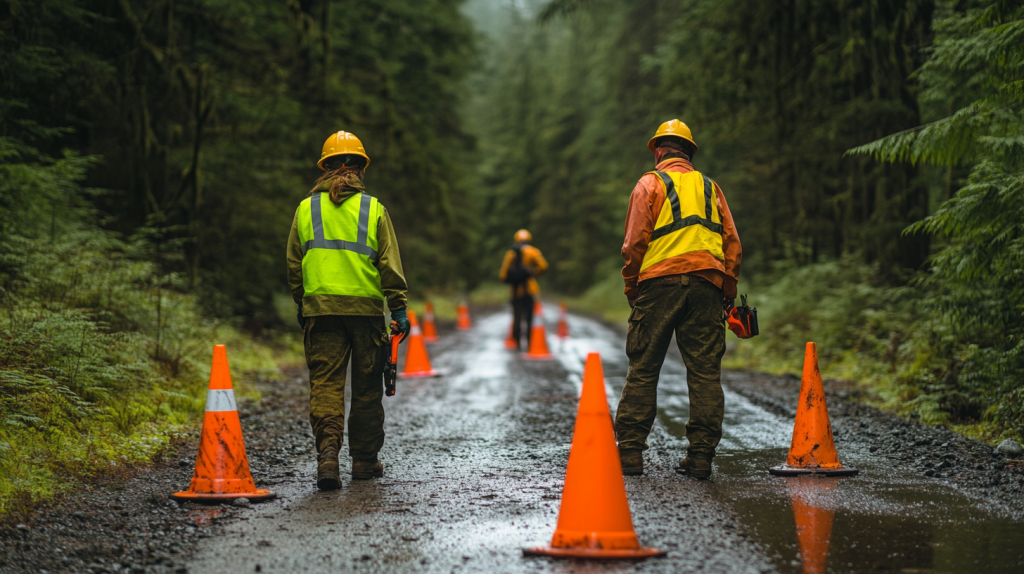State parks in north-central Nebraska are undergoing infrastructure improvements aimed at enhancing accessibility, safety, and long-term sustainability.
These projects, funded through Capital Maintenance and Land and Water Conservation Funds, offer expanded amenities that could impact outdoor hospitality businesses, particularly campgrounds and RV parks in the region.
At Merritt Reservoir State Recreation Area’s Beed’s Landing Campground, an upgrade expanding 14 camping pads to 50-amp service has been completed.
The project, costing over $1 million, also included a new CXT shower facility and an RV fill station. The campground is scheduled to open on May 1.
At Victoria Springs State Recreation Area near Anselmo, two camping pads were converted to meet Americans with Disabilities Act (ADA) compliance at a cost of $13,721.
Similar accessibility-focused improvements have been made at Long Pine State Recreation Area, where two new ADA-compliant cement vault toilets and parking pads were installed for $61,125.
Additionally, plans for a new campground are currently in the design phase, according to a report by Nebraska Rural Radio.
Keller Park State Recreation Area also saw two camping pads converted to ADA compliance for $17,932, along with the addition of two new cement vault toilets and a parking pad for $50,964.
Meanwhile, at Sherman Reservoir State Recreation Area near Loup City, the expanded West Ridge Campground opened in 2024, featuring 61 campsites with Electric Plus (30/50 amp) service.
Beyond campgrounds, infrastructure restoration has also taken place along the Cowboy Recreation and Nature Trail, a 317-mile rails-to-trails project.
A section east of Long Pine, damaged by a 2019 flood, has been repaired with new culverts, embankment rebuilding, and resurfacing. The Cowboy Trail, celebrating its 30th anniversary, remains a free-access route for hiking, biking, and equestrian use.
According to the Nebraska Game and Parks Commission, these investments are part of a broader initiative to improve outdoor recreation in the state.
“The projects funded by Capital Maintenance and Land and Water Conservation Funds improve safety and accessibility, protect natural habitats, boost local economies, and ensure long-term sustainability,” the commission stated.
For outdoor hospitality operators, these developments present both opportunities and considerations. Enhanced campground infrastructure could drive increased visitation to public parks, potentially influencing nearby private campgrounds and RV parks.
Businesses may also benefit from the improved accessibility and expanded services attracting a broader demographic, including travelers with disabilities.
As public land improvements continue, private campground operators might look to similar upgrades to stay competitive in meeting guest expectations.








